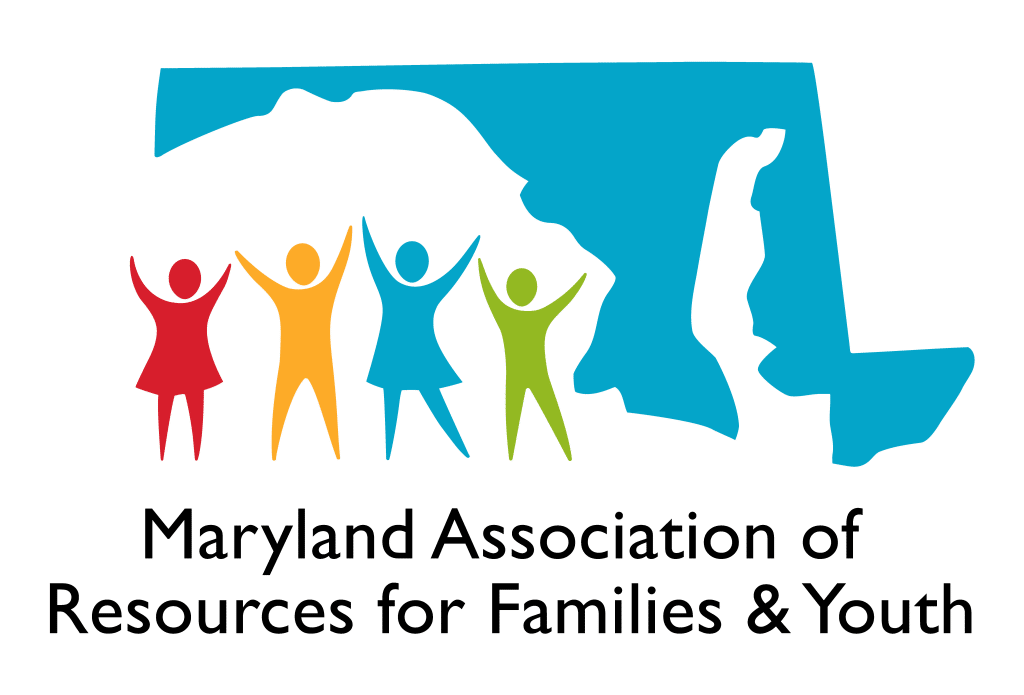This is part of a special series, brought to you by the Standards for Excellence Institute, to provide nonprofit leaders with a brief nonprofit governance and management tip weekly over the course of 2020. We hope these short tips will be helpful to you and the nonprofits you serve. If you have suggestions for future topics, please forward these to acmadsen@standardsforexcellence.org.
I recently read an article “Nonprofits Decline Gifts With Too Many Strings or Misaligned Values, Survey Finds” in the Chronicle of Philanthropy with interest and even a little glee. In some cases, it seems that nonprofits lean toward accepting gifts almost without limitation to ensure that they are not offending their donors. However, in many cases, accepting an unusual or unanticipated gift ends up creating hardships and added expense for the organization.
The Chronicle article, which is based on research from the Center for Effective Philanthropy, notes that 40 % of nonprofits have declined a gift. The research cites that the most common reason for turning down gifts is that the gifts came with too many strings attached. Other reasons given in the survey included the practicality of the donation and conflicts between the values of the donors and the values of the nonprofit organization.
The Standards for Excellence Institute has been a proponent of board-approved gift acceptance policies since its inception. In fact, our Standards for Excellence code states, “An organization should have policies in place to govern the acceptance and disposition of charitable or in-kind gifts that are received in the course of its regular fundraising activities.” These policies should include:
- Procedures to determine any limits on individuals or entities from which the organization will accept a gift
- The purposes for which donations will be accepted
- The types of property that will be accepted
- Whether to accept an unusual or unanticipated gift considering the organization’s mission and organizational capacity.
The Standards for Excellence code also states that “nonprofits must honor the known intentions of a donor regarding the use of any and all types of donations, including but not limited to cash, in-kind, cryptocurrency, and stocks.” When taking both benchmarks together, it is easy to see that if a nonprofit cannot or will not be able to honor the intentions of the donors regarding a gift, the most positive outcome is often to turn down the gift. Certainly, having a well thought out and comprehensive gift acceptance policy can help make and communicate such decisions in a smoother,less personal manner.
In the more than 20 years that we have been encouraging nonprofits to have gift acceptance policies, I am pleased to say that we’re getting fewer comments like, “Why do we need a gift acceptance policy? We are a small nonprofit, we need EVERYTHING!” and getting more comments supporting the idea that gift acceptance policies are important and such policies help nonprofits turn down gifts that are not mission-centered in a way that is not offensive or off-putting for our donors and community members. I hope you explore how a gift acceptance policy will help your organization.
More information is available and helpful models and samples are available in the Standards for Excellence educational resource packet, Fundraising, Solicitation, Acceptance of Gifts, and Working with Donors which contains a comprehensive gift acceptance policy that can be modified and customized to meet the needs of nonprofits around the country. Members of Maryland Nonprofits have access to this and all 27 Standards for Excellence Educational Resource Packets through the member portal.
Blog Post: What Should Be Included In Our Nonprofit’s Annual Report?





